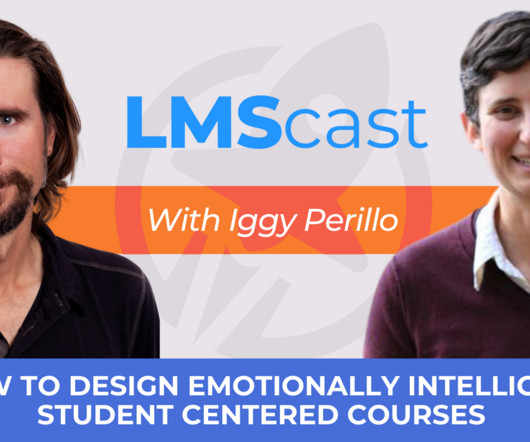Curiosity, cognition and content
Learning with e's
SEPTEMBER 30, 2017
We could argue that the majority of what we 'know' derives from our ability to be able to think, to reason, to reflect, to ask questions - our higher cognitive processes. Asking questions is the fundamental expression and genesis of all research. Curiosity provides the impetus for us to be able to investigate the universe we are in.

















































Let's personalize your content